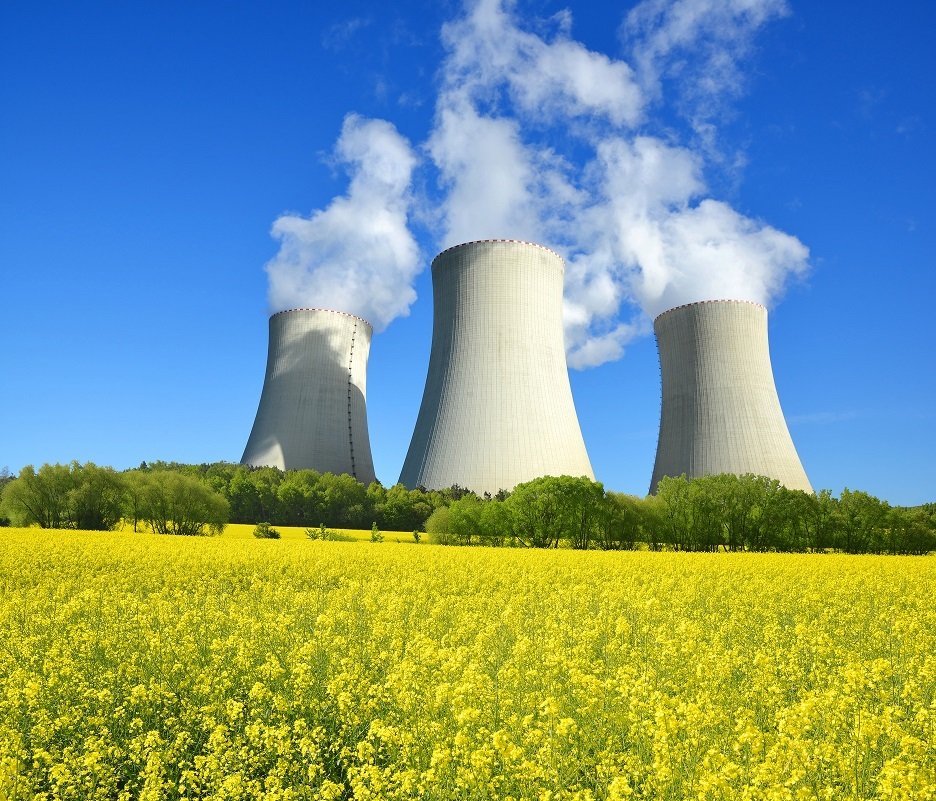In honor of National Doctor’s Day, here are five non-traditional jobs in the medical field you should consider after graduation!
- Medicine in Extreme Climates Doctors are needed everywhere, including the most extreme climates. In an article for Junior Dr, Dr. Ross Hofmery describes his clinic in Antarctica. Outfitted with basic medical supplies, doctors like Hofmery treat patients who are conducting research on the icy continent. Teams are actually well-equipped for the frigid temperatures, and his most common cases include emotional trauma and injuries from working with the ice.
-
Medicine in the Military From the Army to the Navy, doctors in the military have a unique way to serve soldiers. Some positions can be more extreme like providing medical service on a submarine, where quarters can be cramped and supplies limited. For the military, you don’t have to undergo the same training as soldiers, but you do have to be physically fit and meet the same standards for a medical school.
3. Medicine in Extreme Poverty Medical knowledge is incredibly needed in areas of extreme poverty. Though long-term doctors are in demand, short-term trips can also be useful in training locals. Many colleges offer trips for their medical students to practice basic medicine in impoverished communities. Many religious organizations also provide medical support and look for doctors to use their skills overseas.
4. Medicine in Other Fields Many fields require medical knowledge even if they don’t need medical practice. From administration to law, medical expertise is highly sought after. Journalism is also a field that relies on medical knowledge. Hospitals and clinics need people who can effectively communicate and do PR for them. There are also magazines, websites and newspaper columns devoted to health. So if you love to write but can’t stomach the day-to-day tasks of a doctor, check out medical journalism.
5. Medicine in Forensics Unfortunately, forensics isn’t quite as glamorous – or speedy – as it seems in crime shows. Crime scenes are processed by multiple units, including doctors. Forensic pathologists examine bodies and collect other medical evidence from crime scenes. They can also be responsible for studying the medical history of the case and processing evidence from the scene. Their work can be invaluable in solving cases.







Leave A Comment
You must be logged in to post a comment.